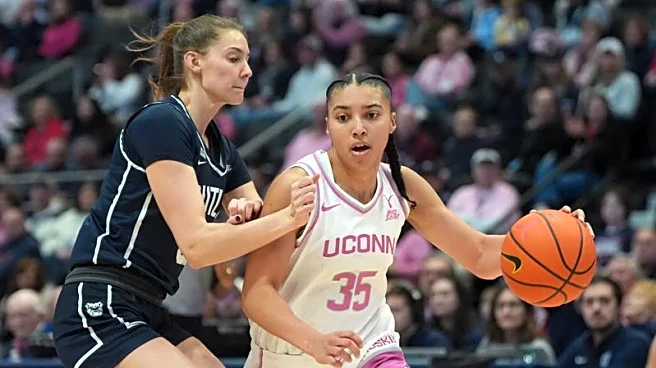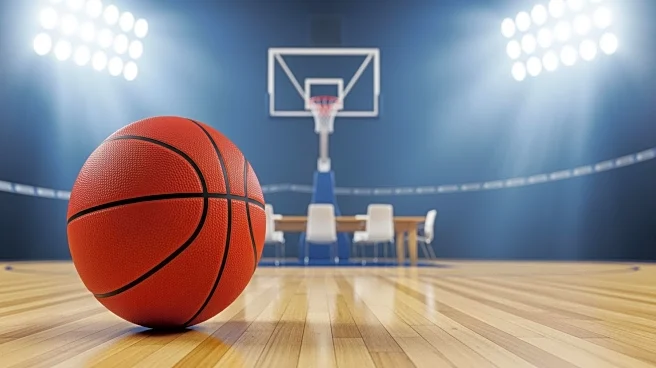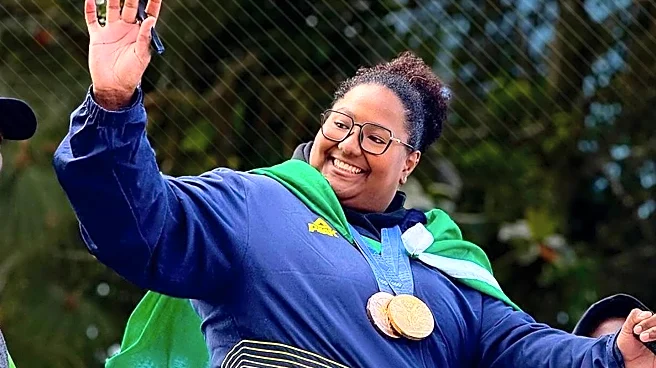What's Happening?
A study conducted by Anglia Ruskin University has discovered that adults can recall childhood memories more vividly by briefly seeing a childlike version of their own face. The research involved fifty adults who participated in an experiment where their faces were transformed into childlike versions using software. This transformation was displayed on a screen, creating a convincing illusion that helped participants feel as though the childlike image was truly them. The study found that those who saw their younger faces provided richer, more emotional recollections of childhood memories compared to those who viewed their adult faces. The phenomenon is attributed to the concept of 'bodily self-consciousness,' which involves body ownership, agency, and self-location, and is influenced by sight, touch, and movement. The study suggests that memory is not solely mental but is linked to physical sensations and experiences.
Why It's Important?
The findings of this study have significant implications for understanding how memory works and how it can be enhanced. By demonstrating that physical embodiment can improve access to vivid, episodic memories, the research opens new avenues for addressing memory-related challenges. This could be particularly beneficial for individuals dealing with memory loss or trauma, offering potential therapeutic applications. The study highlights the importance of bodily experiences in memory recall, suggesting that tools leveraging body illusions could be developed to help people reconnect with forgotten parts of their lives. This research underscores the complex interplay between physical sensations and mental processes in memory formation and retrieval.
What's Next?
Future research may focus on refining these body illusions with more realistic childlike images, potentially using AI-generated visuals. Such advancements could lead to the development of therapeutic tools for individuals struggling with memory issues. The study's authors suggest that further exploration could unlock memories from different life stages, including early infancy. This line of inquiry could revolutionize approaches to memory enhancement and rehabilitation, offering new hope for those affected by memory-related conditions.
Beyond the Headlines
The study challenges traditional views of memory as a purely mental archive, emphasizing the role of physical embodiment in memory recall. It suggests that our bodies serve as entry points to our past, and recreating the feel of our younger selves can reopen closed memory networks. This insight could lead to innovative methods for memory recovery and therapy, highlighting the potential of integrating physical and mental health approaches.










